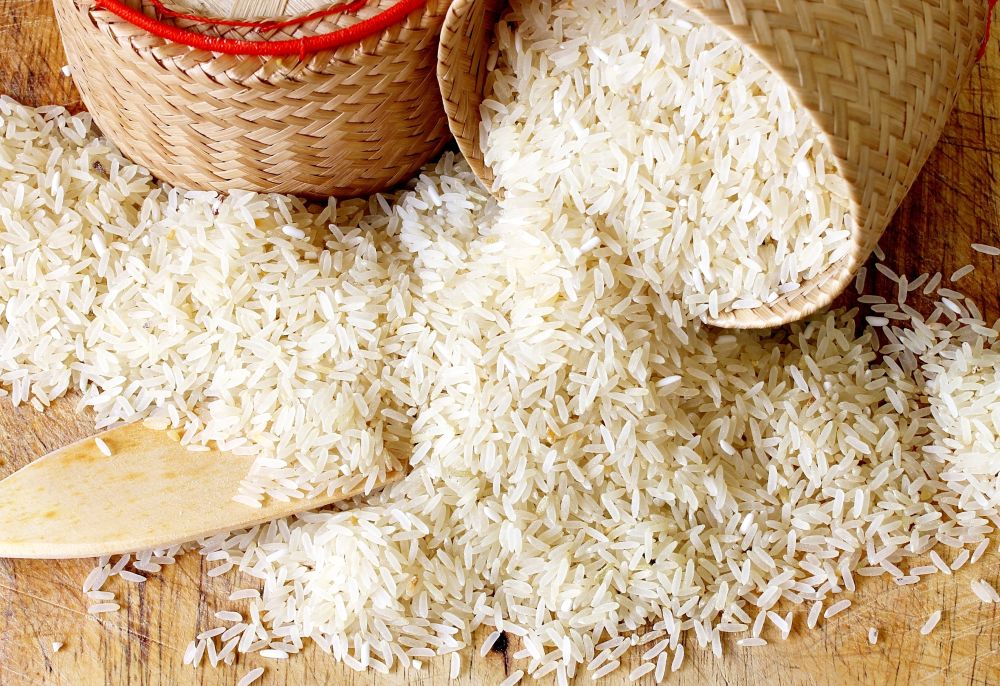India’s rice exports at risk after additional tax demand: Report

Indian rice exporters face a fresh threat following demands from the customs department for additional tax payments.
Four exporters quoted in the news agency’s report confirmed they have received notices demanding payment of duty differentials on rice exported over the past 18 months.
This unexpected tax demand poses a significant threat to rice shipments from India, the world’s largest rice exporter.
It may be noted that the government implemented a 20% export duty on white rice in September 2022, followed by a similar duty on parboiled rice in August 2023, as a measure to control domestic rice prices.
Previously, exporters were paying a 20% duty based on the Free on Board (FOB) value of rice.
However, the customs department now requires them to consider the transaction value, resulting in additional duty payments.
“It is informed to pay the export duty along with applicable interest by exporters on the amounts received over and above the FOB value declared in the shipping bills,” the customs department informed exporters, in tax demand notices seen by Reuters.
Exporters, who are already grappling with financial challenges, expressed concerns over their ability to pay the duty difference for nearly two years. One exporter from Andhra Pradesh stated that demanding additional duty from overseas buyers would render their business unsustainable.
“The government is now demanding additional duty, which no overseas buyer will pay to us. How could we then pay the additional duty to the government?” the exporter asked.
No official comment has come from the finance ministry and Central Board of Indirect Taxes and Customs.
According to the government’s new calculations, exporters would need to pay an additional duty of around $15 per metric ton (around Rs 1,249) on rice exported in the past two years, said a New-Delhi based dealer with a global trade house.
This translates to an estimated total cost of around Rs 1,500 crore, the dealer added.
The Rice Exporters Association plans to engage with the government to address the impracticality of the current duty demand. President BV Krishna Rao highlighted the need for a flat duty on future exports to avoid similar confusion.
Meanwhile, exporters are considering legal action instead of complying with the unexpected tax burden, citing the already thin margins in the rice export industry.
Read also
Ukraine is ready to help Syria prevent food crisis – Zelenskyy
Join with the EARLY RATE – 22 International Conference BLACK SEA GRAIN.EUROP...
Brazil sugar output decreased by 23% — Unica
Algeria imposes a complete ban on durum wheat imports in 2025
Weather in Brazil and Argentina remains favorable for the future harvest of soybea...
Write to us
Our manager will contact you soon



